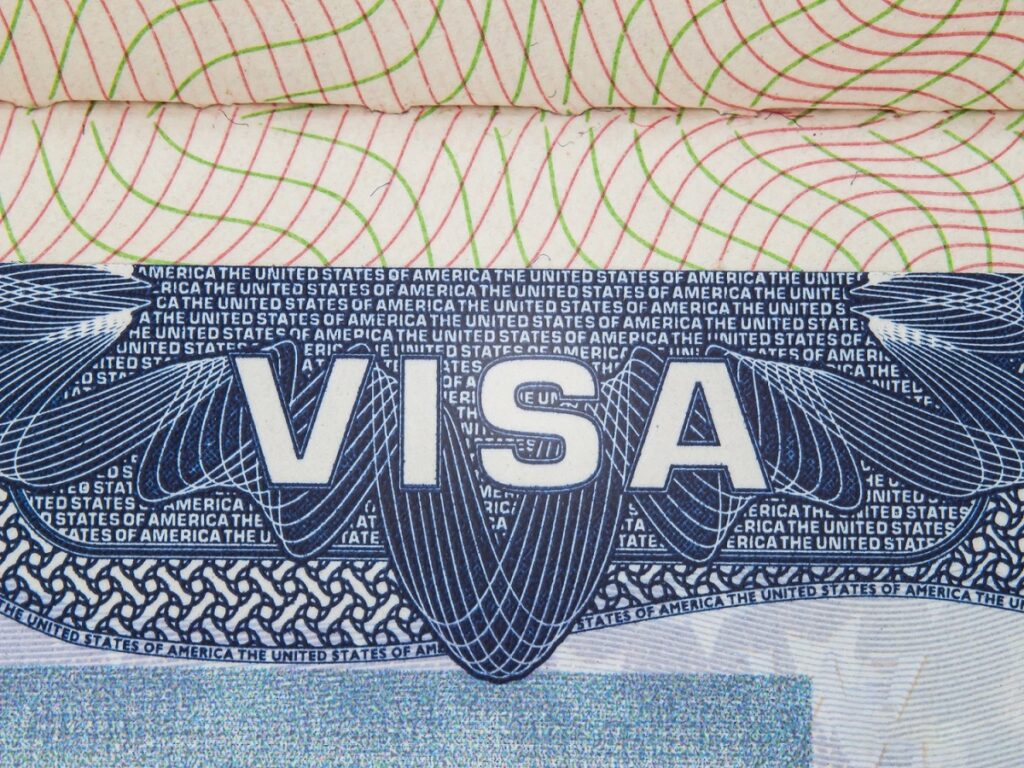If you want to join an exchange program in the United States, you may need a J Visa and Waiver. J-1 visa is a type of non-immigrant visa that lets you learn and work in the US for a limited time. But some J-1 Visa holders have to go back to their home country for two years after their program ends. This is the two-year home-country physical presence requirement.
If you don’t want to go back home for two years, you may need a waiver. A waiver is a special permission that lets you stay in the US without following the requirement. To get a waiver, you have to use the J Visa Waiver Online website. This website helps you apply for a waiver from the Department of State Waiver Review Division.
The website also tells you if you are eligible for a waiver and what kind of waiver you can get. There are different types of waivers for different situations. For example, you may get a waiver if your home country agrees, if a US government agency asks for it, or if you face persecution at home.
Categories of J Visas
There are 15 categories of J Visas for different roles and programs. Some examples are Au Pair, Camp Counselor, Student, Professor, and Physician.
Each category has its own rules and requirements. But all J Visa applicants must know English and have a sponsor. A sponsor is an organization that runs or supports your exchange program. It can be a university, a private company, or a government agency. The sponsor will give you a form called DS-2019 that you need for your visa application.
Some categories of J Visas may also need waivers for different reasons. For example, some Physicians may need a waiver to work in an area that needs more doctors.
Reasons for J Visa Waivers
If you have to go back to your home country for two years after your exchange program, but you don’t want to or can’t do that, you may need a waiver. Here are some common reasons why people apply for waivers:
- They are afraid of being harmed in their home country.
- They have a spouse or child who is a US citizen or permanent resident and would suffer a lot if they left them.
- They have a job offer in the US that is good for the public.
- They have a job offer in an area that needs more workers.
- They have a request from a US government agency.
How to Apply for a J-1 Visa
To apply for a J-1 visa, you must first be accepted into an exchange visitor program. There are many different types of exchange visitor programs, so you will need to find one that is a good fit for your interests and goals. Once you have been accepted into a program, you will be assigned a designated sponsor. The sponsor will help you with the visa application process and will be your point of contact throughout your time in the United States.
The following are the steps involved in applying for a J-1 visa:
- Complete the online visa application form (DS-160).
- Pay the visa application fee.
- Schedule an interview at a U.S. embassy or consulate.
Bring the following documents to your interview:
- Passport
- DS-160 confirmation page
- Visa application fee receipt
- Proof of acceptance into an exchange visitor program
- Form DS-2019, Certificate of Eligibility for Exchange Visitor Status
- Form DS-7002, Training/Internship Placement Plan (if applicable)
- Two passport-style photographs
- I-901 SEVIS fee payment receipt
At your interview, the consular officer will review your application and ask you questions about your plans for your time in the United States. If the consular officer is satisfied with your application, you will be granted a J-1 visa.
Internal link: US Visa Waiver Program and Electronic System for Travel Authorization (ESTA)
How to Apply for J Visa Waiver
The process of applying for a waiver may be different depending on your reason and your home country. But these are the basic steps:
- Fill out an online form called DS-3035 on the J Visa Waiver Online website.
- Mail the form with the fee to the address on the website.
- Send copies of your DS-2019 forms and other documents that show why you need a waiver.
- Wait for the Waiver Review Division to make a decision.
The decision may take some time depending on your case and how busy they are. You may ask for faster processing if you have an urgent reason, such as a health problem or a government interest.
Before you apply for a waiver, make sure you check the rules and requirements for your home country and your visa category.
Case Studies: How J Visa Holders Got Waivers
Do you need a waiver for your J visa? Here are some stories of people who successfully got waivers and how they did it. You can learn from their challenges and tips.
J-1 Exceptional Hardship Waiver
One example of the J-1 Exceptional Hardship Waiver is a case from India, where a man was able to stay in the U.S. with his wife and child. His wife had a severe medical condition that required specialized treatment unavailable in India. Furthermore, their child was born in the U.S. and had American citizenship. Therefore, returning to India would have posed significant difficulties for them. If you or your family are facing a medical problem, it is worth exploring the possibility of obtaining a waiver.
J-1 Visa Waiver for Physicians
Physicians who come to the U.S. on a J-1 visa usually have to go back to their home country for two years before they can apply for a different visa status or seek permanent residency. However, there is an exception for doctors who work in regions that have a shortage of medical professionals. These doctors may be eligible for a J-1 Visa Waiver. For example, a doctor from Europe was able to get a waiver by working in an underserved area that lacked adequate healthcare. Therefore, if you are a doctor with a J-1 visa, you might want to explore the possibility of practicing in an area where the demand for doctors is high to improve your chances of obtaining a waiver.
J-1 Visa Waiver for Religious Workers
To illustrate how a waiver can be granted based on the importance of a religious worker’s presence to their U.S. congregation, consider the case of a religious worker from India who received a waiver for this reason. The religious worker had devoted many years to serving the community, and their departure would have had a negative impact on their congregation. Therefore, if you are a religious worker on a J-1 visa, it is crucial to emphasize how your U.S. congregation depends on your presence and contributions when seeking a waiver.
The major thing to get a J-1 visa waiver is to show that going back to your home country would be very hard for you or your family, or that staying in the U.S. would help the country. It is good to work with a lawyer who knows about immigration and can help you with the waiver process and make your case stronger.
Resources for J-1 Visa Waiver Process
Here are some resources and links related to the J-1 visa waiver process:
Forms and Guidelines
- Form DS-3035: This is the online form to request a recommendation for a waiver from the Department of State’s Waiver Review Division. It is available on the J Visa Waiver Online webpage.
- Form I-612: This form is required for those seeking a waiver based on exceptional hardship or persecution. It is filed with U.S. Citizenship and Immigration Services (USCIS).
Making Informed Decisions for J Visa and Waiver
In conclusion, J Visas and waivers can be complex and confusing. You need to pay close attention and get expert help. You also need to keep track of any changes or updates to J Visa rules and requirements. If you have a difficult situation, you should ask for professional advice. This way, you can make smart choices and do the right things to deal with J Visas and waivers successfully.
Do You Need to Talk to an Immigration Attorney About How to Get J Visa and Waiver?
If you require assistance from an immigration lawyer, our services are available to support you. To arrange a consultation with a skilled and well-informed immigration attorney who can provide answers to your inquiries and offer the necessary legal guidance, please contact our office at 914-481-8822.


